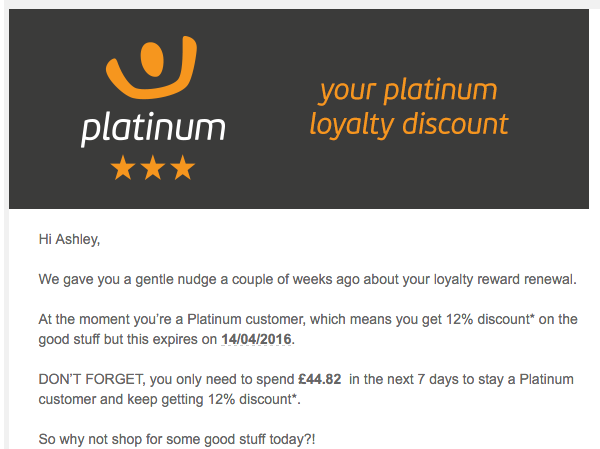I went to a talk last week by Leila Johnston about her ‘digital-artist-in-residence’ project at Rambert. The talk was entitled ‘does dance need tech? does tech need dance?‘ and whilst it didn’t really answer either of those questions (or try especially hard to really) it was an interesting insight into what can happen when the right amount of curiosity and expertise is smashed together, with no brief, and left to get on with things.
I think Leila would perhaps be the first person to admit that her residency came up with very little in the way of answers, or obvious paradigm shifts or any real, big shiny things. But perhaps that’s really how these things should work. Talking to a friend afterwards we both agreed that perhaps these things are most successful when really they don’t have any tangible outputs immediately. Sure it would’ve been cool if there had been some sort of big thing as a result of this but what is far more interesting and will probably have a deeper and more meaningful impact is that change that it appears Leila managed to at least begin to trigger – namely interesting the dancers (and aspirational choreographers among them) in technology and how it can extend and deepen their practice. It was refreshing to hear about her approach and her open and honest interest in the dancers as people and how she could trigger and facilitate their curiosity. Ultimately if Rambert had wanted a big, shiny digital thing then they could just pay an agency to come up with a big, shiny digital thing. It seems that this project is far less focused on specific outcomes, and that is probably to be admired and applauded.
Leila fielded some pretty tough questions at the end of her talk – to be honest I think a lot of people in the audience were expecting (and disappointed by the lack of) a big, shiny thing, but she made a convincing case for her approach and, by the end, everyone seemed fairly convinced it was the right way to go about things.
Anyway, you can read about what she did at http://hackingrambert.com/ – it’ll be interesting to see what the subsequent digital-artists-in-residence come up with, but I think Leila has set down some laudable foundations.
